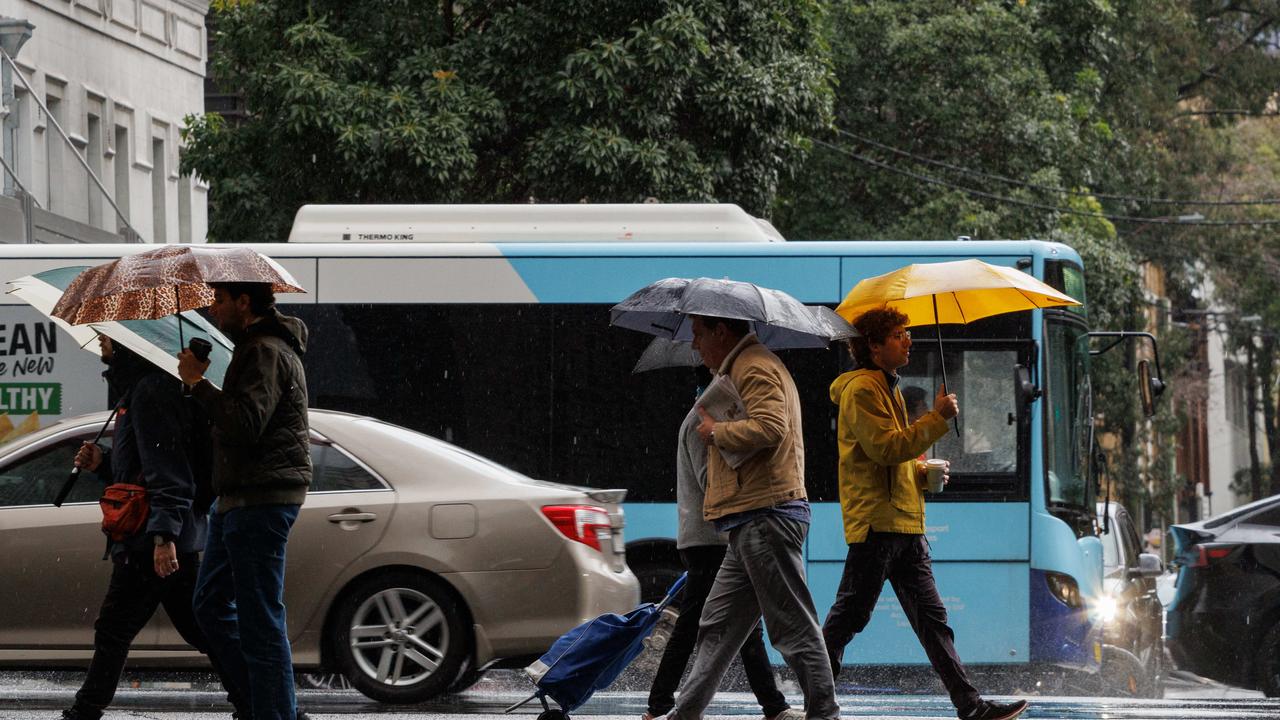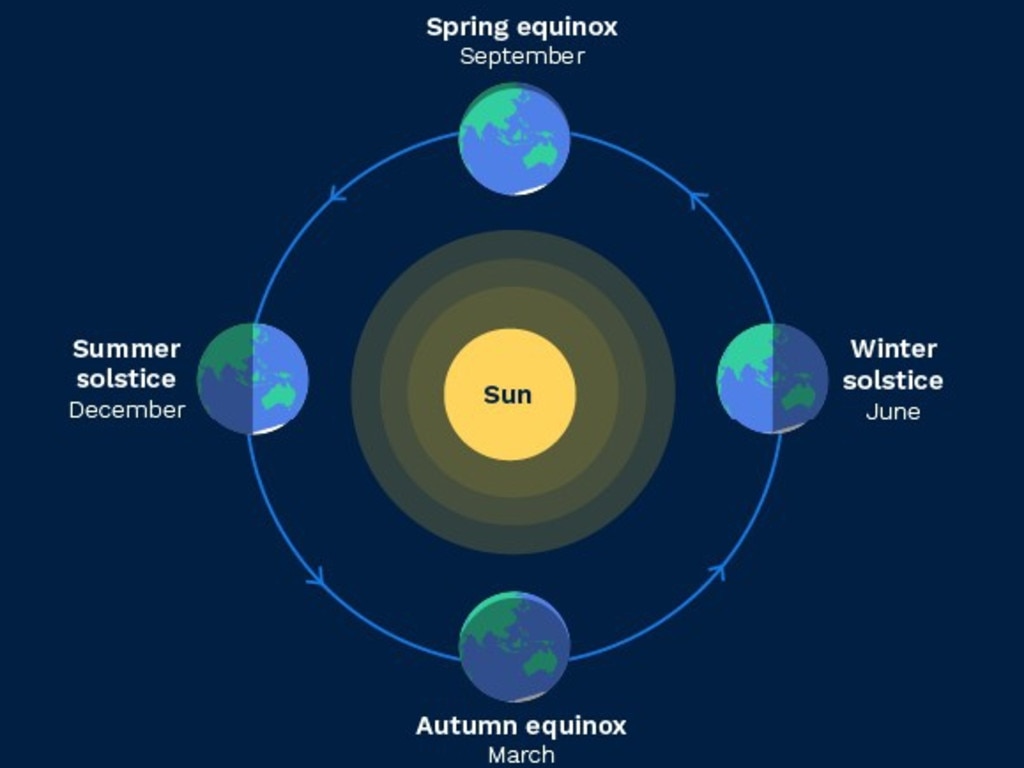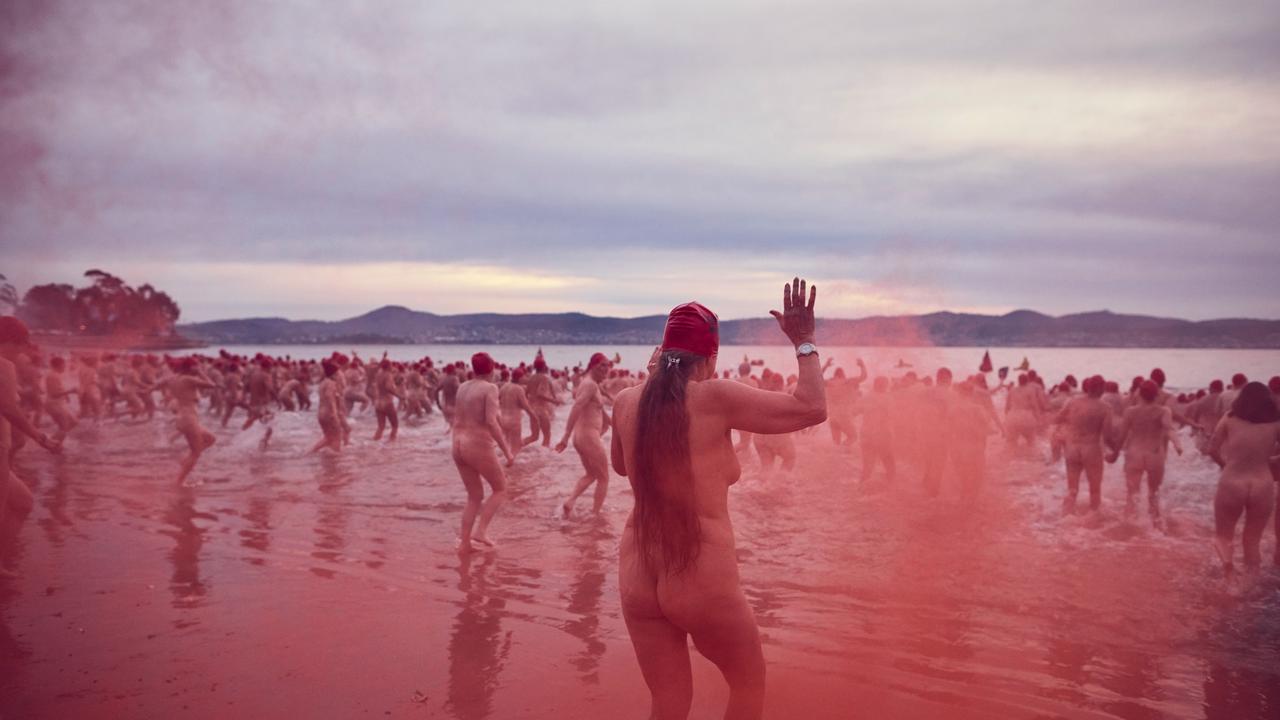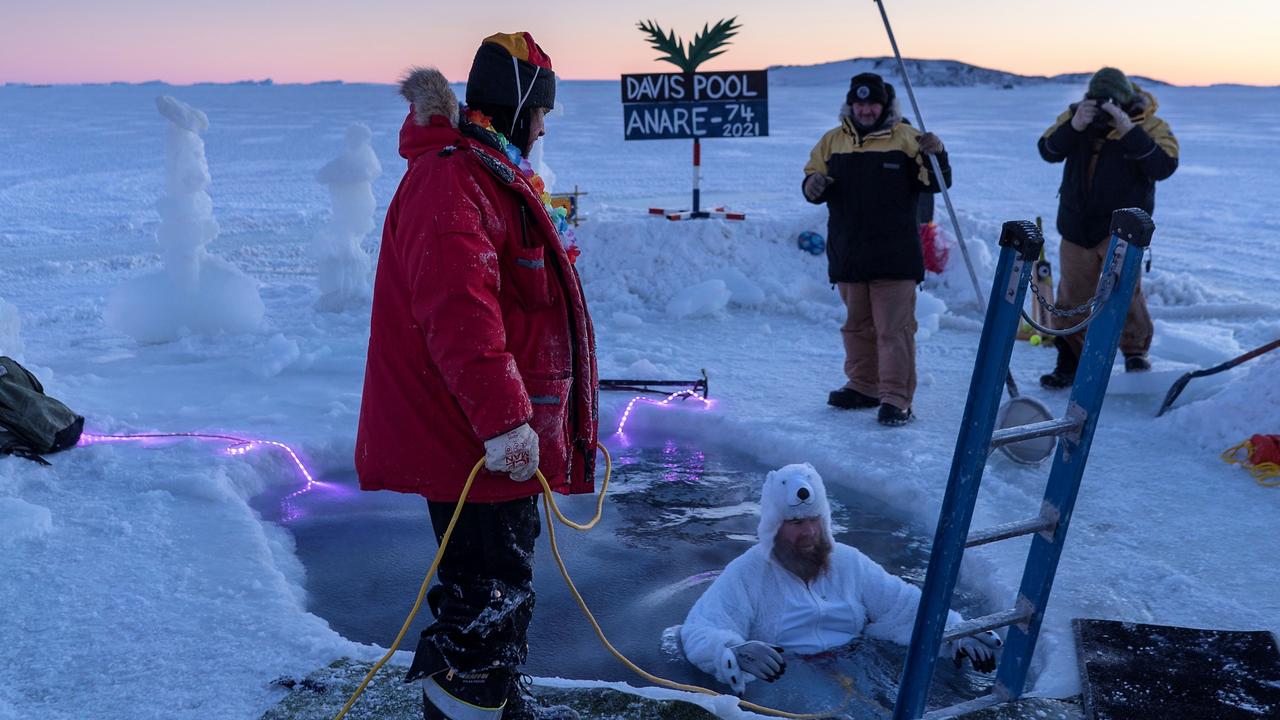When the shortest day of the year is in Australia, the winter solstice
Australians have woken to the shortest day of the year. Here’s what the winter solstice means for you.

Australians have woken up to the shortest day of the year, with less than 10 hours of sunlight expected today amid freezing temperatures throughout the week.
The solstice is celebrated around the world with festivals and events, in the northern and southern hemisphere.
It marks the shortest day of the winter, or the day with the least amount of sunlight.
For Australia, the solstice is June 21.
Here is what it means.
What is the winter solstice?
The solstice is the time of year when the axis of the Earth reaches its maximum tilt away from the sun.
“This means that sunlight hours are at a maximum in the northern hemisphere and a minimum in the southern hemisphere,” Bureau of Meteorology senior meteorologist Angus Hines told NewsWire.

“The lack of sunlight around the winter solstice is the primary reason that winter is much colder than summer.
“The difference between summer sunlight and winter sunlight is more exaggerated the further away from the equator you get.
“This means that southern Australia – places like Tasmania and Victoria – experience a much more pronounced shift to cooler winter weather than northern Australia, where temperatures are fairly consistent year round.
“Perhaps surprisingly, the solstice is not the coldest time of year. The minimum temperatures (on average) typically occur 4-6 weeks after the winter solstice, often in late July.
“This is because the oceans around Australia have a high heat capacity, meaning it takes them a long time to gain or lose heat.
“The ocean still loses heat for several weeks after the solstice and the colder oceans around Australia have a bigger influence on temperature than the marginally increased sunlight that arrives in the weeks following the solstice.”

When is it?
June 21
6.50am AEST
6.20am ACST
4.50am AWST
How long are the ‘shortest days’?
“The difference between the longest day and the shortest day is larger the further south you get,” Mr Hines said.
“In Hobart, for example, the shortest day will be about nine hours long, while the longest day will be over 15 hours, while in Darwin the days vary between about 11.5 and 12.5 hours of sunlight throughout the year.”

Here’s how much sunlight we’ll get on the solstice day:
Perth – 10 hours, 3 minutes and 22 seconds
Adelaide – 9 hours, 48 minutes and 18 seconds
Hobart – 9 hours and 50 seconds
Melbourne – 9 hours, 32 minutes and 27 seconds
Sydney – 9 hours, 53 minutes and 49 seconds
Brisbane – 10 hours, 24 minutes and 12 seconds
Darwin – 11 hours, 23 minutes and 31 seconds
What happens after the solstice?
The days, or sunlight hours, get progressively longer as the country moves towards Spring and then Summer.
Australia’s Summer solstice will be December 21.




